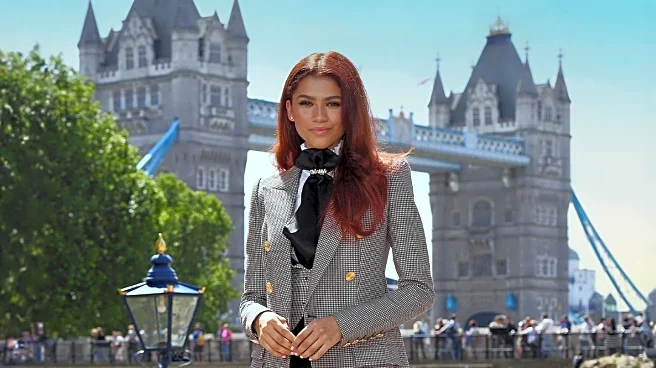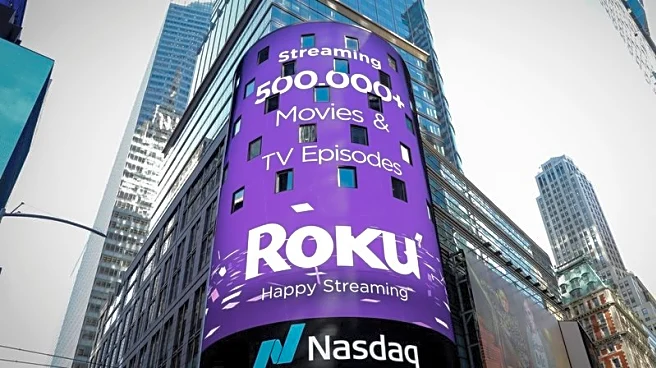What's Happening?
Miss England has introduced a new AI round in its pageant, where contestants create AI-generated avatars to secure commercial contracts. This development has stirred controversy, with only three out of 32 semi-finalists opting to participate. Jessica Pliskin, a physics graduate, is among those embracing the AI round, believing it will aid her career progression. However, others in the modeling industry, like Harriet Webster, express concerns that AI models could erase the individuality of real models. The AI round aims to reflect the digital world and enhance contestants' digital literacy, according to Angie Beasley, director of Miss England.
Why It's Important?
The introduction of AI avatars in modeling contests like Miss England highlights a significant shift in the fashion industry towards digital representation. This move could potentially reduce the demand for real models, impacting employment in the modeling sector. It raises questions about authenticity and the future of beauty standards, as AI models may offer a more cost-effective option for brands. The debate underscores the tension between technological innovation and preserving human elements in creative industries, with potential implications for employment and ethical standards.
What's Next?
Contestants have until October 3 to secure contracts for their avatars, with the winner advancing to the final round. The modeling industry may see increased integration of AI technology, prompting discussions on regulatory frameworks to protect models' rights. Trade unions like Equity advocate for artist-centered approaches to AI, emphasizing consent and fair remuneration. As AI technology evolves, stakeholders in the fashion industry will need to address its impact on employment and creativity.
Beyond the Headlines
The use of AI in modeling could lead to broader ethical and cultural implications, such as redefining beauty standards and challenging traditional notions of identity. The technology's ability to create lifelike avatars may influence consumer perceptions and expectations, potentially altering the landscape of fashion marketing. As AI becomes more prevalent, industries must navigate the balance between innovation and maintaining human-centric values.










